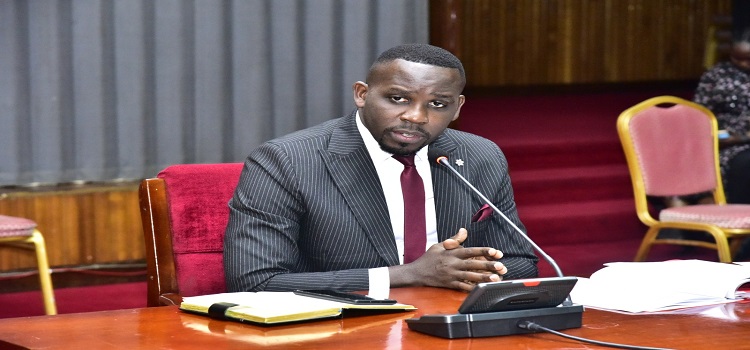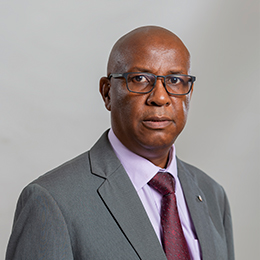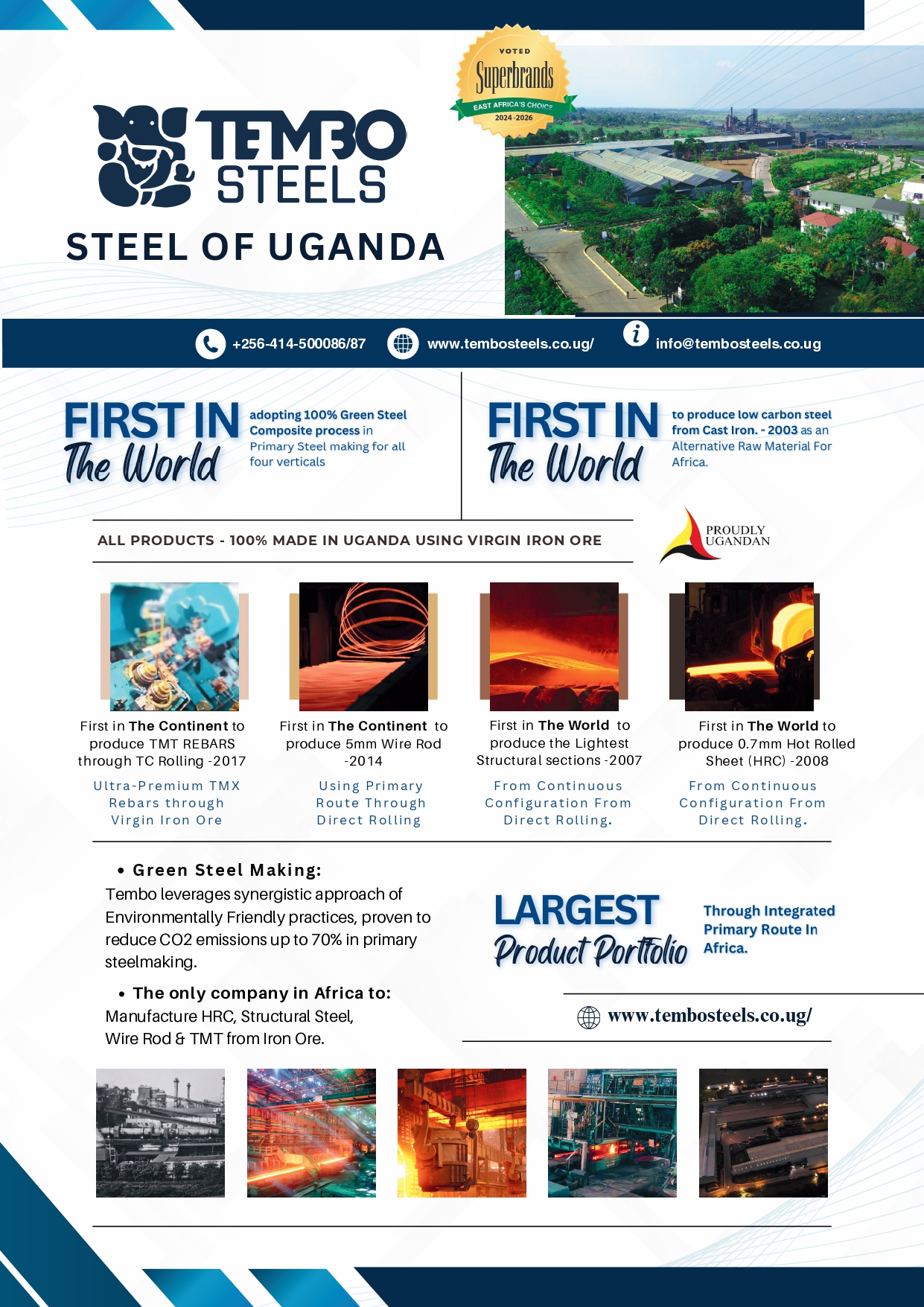The National Medical Stores (NMS) has been tasked to justify to the Parliamentary Committee of Commissions Statutory Authorities and State Enterprises (COSASE) why it keeps purchasing and receiving pharmaceutical stock and equipment that do not meet the country’s standards.

The Committee led by the Chairperson, Joel Ssenyonyi sought an explanation from NMS for clearing and accepting to receive drugs and equipment that are non-viable or expired.
At the meeting which took place on Tuesday, 25 April 2023 at Parliament, NMS General Manager, Moses Kamabare said that the drug stock are cleared from the bonded warehouses at the port of entry and transported to their stores where it is received pending verification by National Drug Authority (NDA).
He said that this saves on demurrage costs which would be incurred by NMS if it chose to keep the stock at the port for verification.
“You, as NMS, have a choice to pay the bonded warehouse to keep your stock until NDA gets the time to verify it or take it in anticipation that it is viable and if it is not, destroy it,” Kamabare said.

Kamabare added that the Anti-retroviral drugs stock had been partially used but was eventually rendered unusable because of new guidelines issued by World Health Organisation and the Ministry of Health on the treatment regimen.
Kamabare said that it would be costly for NMS to send a team to countries where they buy the drugs.
“It is also difficult for us to anticipate pharmaceutical donations and we cannot have people stationed in anticipation around the world,” he added.
The revelation followed an audit report for the Financial Year 2021/2022 where the NMS declared pharmaceutical stock non-viable, of which ARV stock worth Shs2.5 billion had been procured with another stock worth Shs10 billion having been donated.
Ssenyonyi asked the NMS team why it was unable to oversee and prevent the purchase of non-viable pharmaceutical stock.
“Help us understand why this could not be mitigated and why we have to lose so much money on non-viable drugs,” he added.
Hon. Bumali Mpindi (Indep., PWD) also asked why NMS had not considered sending a team to inspect the pharmaceutical stock for its viability before its shipped from its country of origin.
“We need to have our own people who can go to these countries or be stationed there and ready to vet whatever stock we have coming to Uganda,” he said.
Hon. Elijah Okupa (Indep., Kasilo County) however, said that there are provisions for pre-shipment inspection especially for items like drugs which should always be undertaken.
“Sometimes, the viability of medical stock may be compromised by natural conditions so the verification process at delivery cannot be ruled out and most certainly, one cannot ascertain that the stock will be in good order”, said Okupa.



